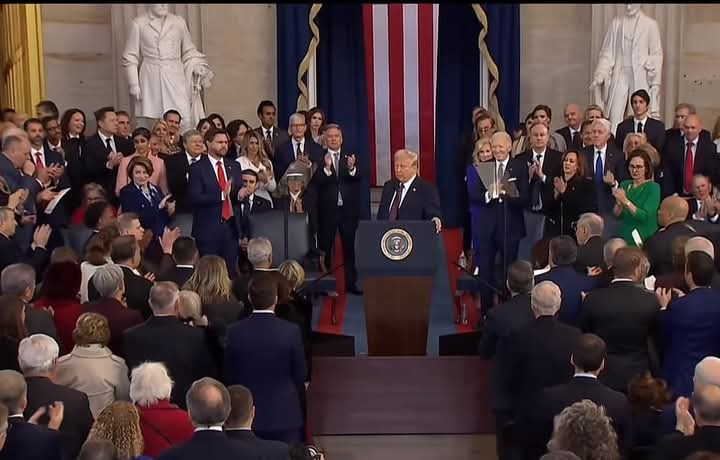
Ruto introduced the concept of shared accountability, particularly in matters of debt repayment and tax collection. He urged Kenyans to view these responsibilities as a collective effort rather than the burden of a single individual or administration.
Speaking in Embu County, the president insisted on approaches of tax collection and national unity.
His recent call for all Kenyans to “be Zakayo” is not just a catchy phrase, but a clever strategy aimed at distributing the responsibility for tax collection across the nation.
This approach could potentially revolutionize how Kenyans view their role in the country’s economic development.
The “Zakayo” Reference: More Than Just a Nickname

The term “Zakayo,” derived from the biblical tax collector Zacchaeus, has been used to refer to President Ruto due to his administration’s focus on tax measures.
However, by encouraging all Kenyans to embrace this moniker, Ruto is effectively transforming what could be seen as a criticism into a rallying cry for national participation in economic growth.
Uniting the Nation Through Shared Responsibility

President Ruto’s statement, “If it is paying debts we’ll pay together, if it’s raising revenue we’ll raise together,” encapsulates his vision of a united Kenya working collectively towards economic transformation. This approach serves multiple purposes:
- Fostering National Unity: By framing tax collection as a shared responsibility, Ruto aims to bridge political divides and create a sense of common purpose.
- Increasing Tax Compliance: When citizens feel they are part of the process rather than subjects of it, they may be more likely to comply with tax regulations.
- Transparency in Governance: Ruto’s assertion that “taxes are not going to my own account” addresses concerns about corruption and misuse of public funds.
- Economic Education: This approach could lead to a more economically literate population, as citizens become more engaged with the country’s financial matters.



